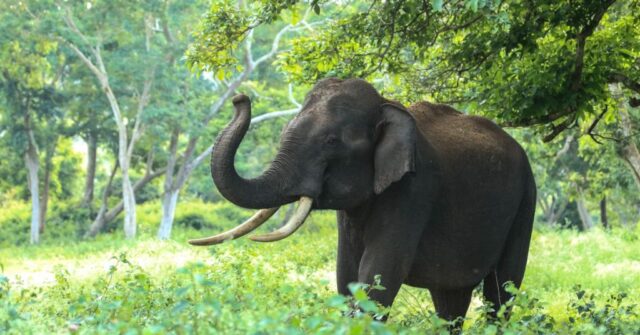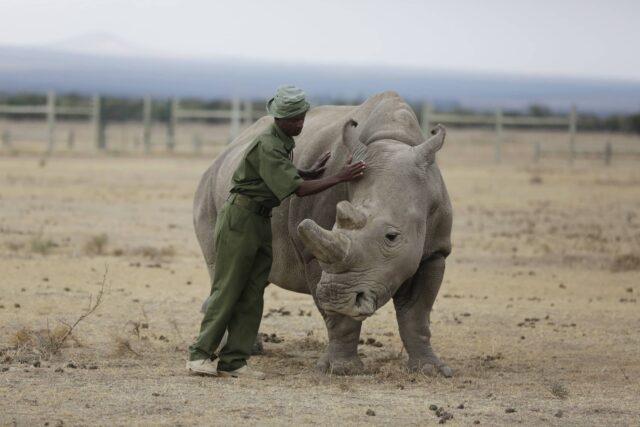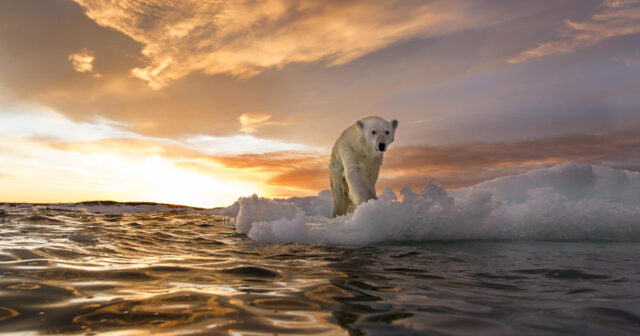According to a recent report, humans have wiped out the earth’s animals by an average of almost 70% in the past 50 years. This grim picture of the planet surfaces at a time when humans continue to cut down forests, amplify industrial pollution, and consume excessively.
This scientific report flashes a grave red light and shows the darker side of our progression through the times.

The Living Planet Report was released by the World Wildlife Fund (WWF) and Zoological Society of London (ZSL) and presents very concerning statistics.
It shows that between 1970 and 2018, animals ranging from birds to reptiles in the open ocean, tropical rainforests, and other habitats have perished by an average of almost 70%.
Warning Figures
For the Living Planet Report this year, WWF studied over 5200 species and around 32,000 populations to arrive at the result that almost 70% of animals were wiped out. The report for 2018 revealed a figure of 60%, and then it climbed rapidly to 68% in the report result for 2020. This year’s report also found that up to 2.5% of mammals, fish, reptiles, and amphibians have already gone extinct.
Among the animals that have seen drops in population numbers, freshwater populations have been affected the worst with 83% of average decline. The report found that habitat loss and obstruction to their migration routes account for about half the threats that face them.

The total loss of animal population equals the loss of humans inhabiting Europe, the Americas, Africa, Oceania, and China. South America and the Caribbean region have seen the steepest decline in numbers.
Tanya Steele, chief executive of WWF UK, said, “Deforestation rates there are accelerating, stripping this unique ecosystem not just of trees but of the wildlife that depends on them and of the Amazon’s ability to act as one of our greatest allies in the fight against climate change.”
Read More: Strong Social Media Campaign To Save Tigress Avni Fails Her And Her Orphaned Cubs
Other affected areas also demonstrate worrying numbers of decline. The second largest number after Latin America is seen in Africa at 66%. Then come Asia and the Pacific at 55%, North America at 20%, and Europe and Central Asia at 18%.
The Amazon has suffered depletion over the years, and the report says that “we are rapidly approaching a tipping point” where the tropical rainforest will die out.
Human Impact
The role of humanity is the biggest in this environmental crisis. Land use, human consumption, technology, and weak government reform are major factors.
The report states that presently, “humans use as many ecological resources as if we lived on almost two Earths”. The nations that can be credited with excesses of consumption include the US, Canada, Australia, and Mongolia.

Steele stressed the responsibility of world leaders for saving the planet. “Despite the science, the catastrophic projections, the impassioned speeches and promises, the burning forests, submerged countries, record temperatures and displaced millions, world leaders continue to sit back and watch our world burn in front of our eyes,” she said.
Global leaders are set to convene in Montreal for the Cop 15 biodiversity summit in December this year. According to the report, rising temperatures are already causing the first extinction of entire species.
“If we are unable to limit warming to 1.5ºC, climate change is likely to become the dominant cause of biodiversity loss in the coming decades.” The WWF index calls for leaders to seriously devote themselves to protecting the earth at all costs.
Disclaimer: This article is fact-checked
Sources: The Guardian, CBS News, RFI
Image sources: Google Images
Feature Image designed by Saudamini Seth
Find The Blogger: shoomedha
This post is tagged under: humans wiped out 70% of animals, average decline of 69% of wildlife in past 50 years, climate crisis, species extinction, environmental crisis, rages of humanity, industrial pollution, rising temperatures, habitat loss, forest fires, save planet earth, wise use of resources, Cop 15 summit
Disclaimer: We do not hold any right, copyright over any of the images used, these have been taken from Google. In case of credits or removal, the owner may kindly mail us.



































